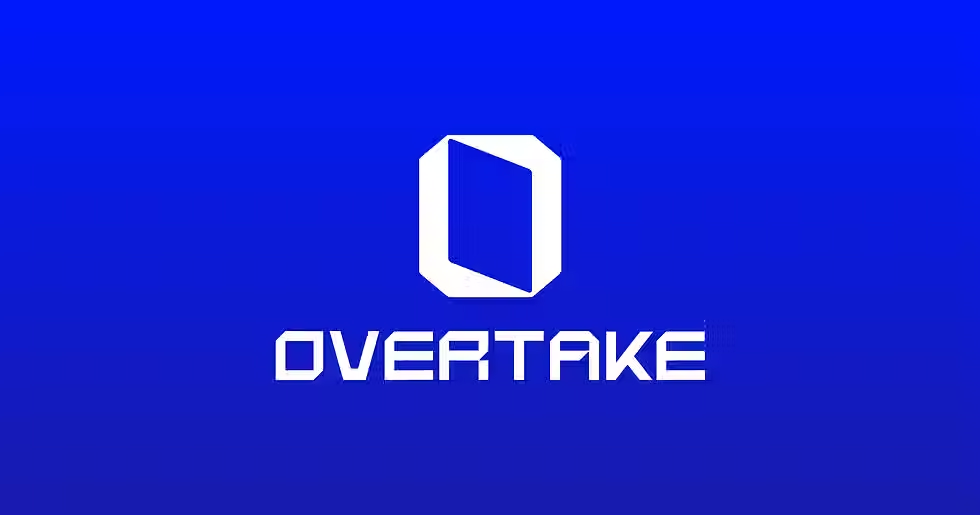Unioverse Closes as Key Contributors Seek to Preserve It
- NFTrixie

- Jul 11, 2025
- 4 min read

Unioverse, one of the most ambitious sci-fi blockchain games to emerge in recent years, has officially ended operations. Despite a bold vision, innovative tools, and community-driven ambitions, the platform couldn't weather the evolving tides of web3 and AI. But even in shutdown, its open-source foundation leaves the door ajar for future creators.
The End of a Bold Experiment
On July 10, Unioverse founder Wyeth Ridgway announced via Discord that the team could not secure the funding necessary to continue the project. In his words, they had "no way to restore servers or continue meaningful work," bringing an end to a six-month effort to salvage the platform.
The announcement was later echoed on Twitter, where Ridgway added that while Random Games, the studio behind Unioverse, is shutting down, “key contributors are stepping in to try to preserve it.”
Though the full post-mortem is yet to be released, the core reasons for the shutdown are already clear: a drastically changing market, the rise of AI, and the increasingly difficult path to funding in the blockchain gaming space.
What Made Unioverse Unique?
Unioverse wasn’t just another entry in the long list of blockchain games. It envisioned a shared sci-fi universe set 700 years in the future, built around a mysterious space station enabling instant travel across galaxies. This narrative-rich world served as a foundation for both official and community-made games, media, and merchandise.
One of its most groundbreaking features was its royalty-free SDK. Developers were given free access to AAA-quality assets—3D models, animation, music, and characters—to create their own games and content. Even better, creators kept 100% of the profits from their work.
Unioverse also launched NFT avatars that were interoperable across the ecosystem and necessary for gameplay. These weren’t just collectibles—they were access passes into the wider Unioverse.
A Brief Timeline of Key Milestones
Despite the shutdown, Unioverse achieved several impressive milestones before closing its doors:
Unio Coin Announcement (April 2024)The platform introduced Unio Coin as its primary utility token, capped at 4 billion tokens. It was bridgeable across Ethereum chains and earned through gameplay and in-game actions.
Hoverdrome Tournament (July 2024)A high-speed, kart-style racing event featuring $15,000 in cash and 300,000 Unio tokens. The tournament was free to enter and rewarded winners with NFTs and exclusive in-game perks.
Genesis Starfighter NFTs (October 2024)Players could mint customizable spaceship NFTs for 10,000 Unio tokens. These were designed to function across future Unioverse titles.
Ventus PFP Collection (November 2024)A 5,000-avatar drop that unlocked gameplay advantages and early access. Users locked 50,000 Unio tokens to mint and could burn the NFT to reclaim their tokens—essentially making it a “free mint.”
These initiatives illustrated Unioverse's commitment to rewarding players and empowering creators—two pillars of modern web3 game design.
What Went Wrong?
In his message to the community, Ridgway pointed to the shifting sands of the crypto and gaming industries. Token markets have cooled, NFT interest has plateaued, and AI has radically changed how content is produced.
Even with backing from industry veterans and a $7.6 million seed round in 2022—supported by names like Resolute Ventures, Polygon, and Joe McCann—the team couldn’t secure the resources for long-term sustainability.
The platform’s shutdown is not an isolated case. Many blockchain game startups have struggled to survive the post-hype era, where community engagement, longevity, and real utility are harder to deliver at scale.
What Happens to Unioverse Now?
While Unioverse as a platform is shutting down, its assets and legacy may still live on. Because of its royalty-free development model, the game’s SDK, assets, and lore could be picked up and repurposed by the community or other studios.
Ridgway emphasized that the team is trying to “hand over Unioverse assets to someone who might be able to keep the franchise alive.” This handoff could allow parts of Unioverse’s world to be preserved or even reborn in other formats.
The upcoming post-mortem promises to share more about the internal challenges and broader lessons, potentially offering a roadmap for future blockchain gaming projects.
A Reflection on Web3 Game Development
Unioverse was part of a wave of projects aiming to build open game economies, creator-driven platforms, and interoperable experiences. From 2021 to 2023, this model gained traction—but also hit real-world barriers.
Token price volatility, shifting player interests, and the rise of AI-generated assets have changed the economics of indie game development. Projects that once thrived on hype and funding rounds now face the hard challenge of retention, monetization, and differentiation.
Despite valiant efforts like the Hoverdrome tournament and customizable NFTs, Unioverse couldn’t maintain momentum. Like many other studios in the space, it faced the “great filter” between early hype and long-term playability.
Final Thoughts
Unioverse has officially shut down. The team behind it, Random Games, is closing its doors after failing to secure further funding. Yet, the spirit of the project—a shared, open, creator-first metaverse—may not be entirely gone.
If contributors step in to preserve the assets, the vision of Unioverse might evolve into something new. Its code, characters, and stories could find homes in future decentralized game worlds.
As one of the more memorable blockchain games of the last few years, Unioverse leaves behind a meaningful footprint—and perhaps, the seeds of what's to come.









Comments